Burundi
The United Nations Security Council on Monday struck Burundi off its political agenda citing peaceful elections recently conducted in the country.
In a statement presented by South African president Cyril Ramaphosa, the 15-member body said the broadly peaceful elections had marked a new phase for central African country.
South Africa holds the Council's presidency for December.
The development means Burundi is close to ending nearly six years of international isolation.
"Burundi has received, with joy, the noble decision taken by the UN Security Council of withdrawing Burundi from its political agenda," government spokesman Prosper Ntahorwamiye said in a statement aired on the state broadcaster.
The government of Burundi had stated on many occasions that the country no longer posed a threat to regional peace and security, and demanded that the Security Council end its mandatory reporting on Bujumbura.
Le Conseil de sécurité de l’#ONU a pris note de l’amélioration des conditions de sécurité au #Burundi et des priorités annoncées par le Président #Évariste_Ndayishimiye pour son gouvernement en juin 2020,à la suite d’élections qui se sont déroulées de façon globalement pacifique. pic.twitter.com/N3pCn4lg1T
— MAECD (@MAEBurundi) December 7, 2020
In May, Burundi held a presidential election which was won by Evariste Ndayishimiye, candidate of the ruling National Council for the Defense of Democracy - Forces for the Defense of Democracy (CNDD-FDD) party.
Ndayishimiye was hurriedly sworn in after the untimely death of president Pierre Nkurunziza in June.
Rights violations continue
The Council encouraged donor countries which had suspended aid to Burundi to continue dialogue towards resumption of development assistance.
A report by a UN watchdog in September said human rights violations were still being committed in Burundi, including sexual violence and murder.
The country was plunged into a crisis in April 2015 when Ndayishimiye’s predecessor Pierre Nkurunziza decided to run for a controversial third term, which he ultimately won in July 2015.
His candidature, which was opposed by the opposition and civil society groups, resulted in a wave of protests, violence and even a failed coup in May 2015.
Hundreds of people were killed and over 300,000 fled to neighboring countries.



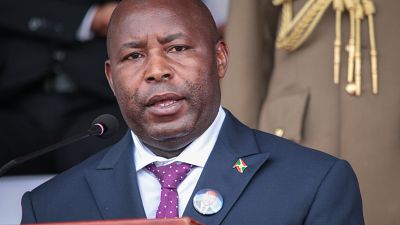

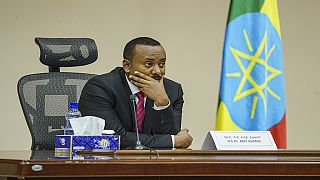
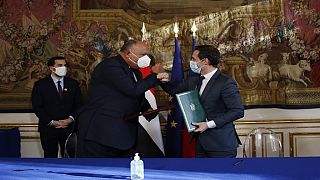
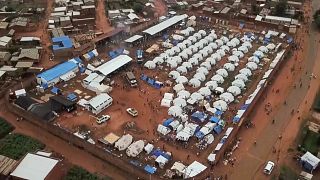

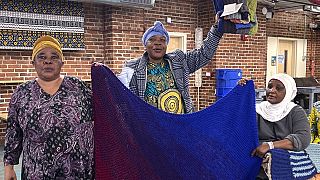



Go to video
Pics of the day: March 26, 2025
01:15
Burundi accuses Rwanda of plotting attack
02:04
Over 60,000 fleeing conflict in DRC seek safety in Burundi
02:38
UN permits evacuation of families of Burundi staff amid DRC violence
11:05
Burundi 2040: Is Corruption Undermining the Vision? [Business Africa]
01:22
Cases of new mpox strain more than double among children in DR Congo and Burundi